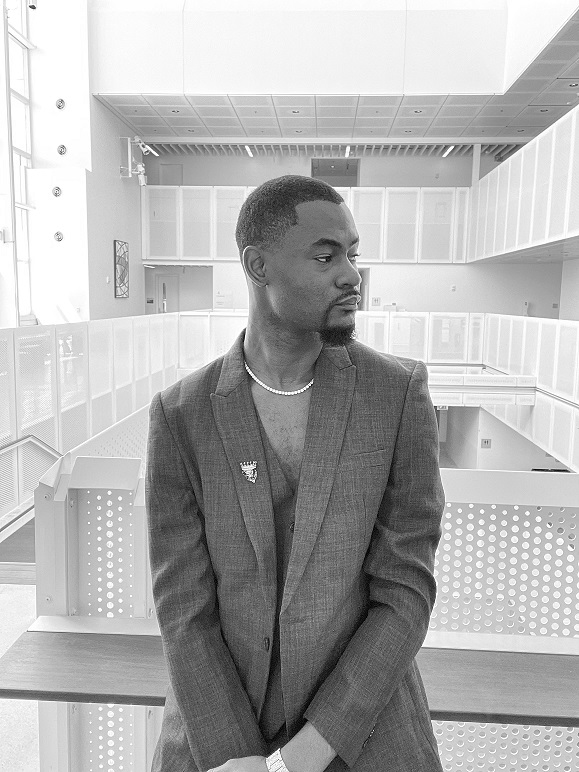When war broke out in Sudan, in April of this year, it became imperative that we cover its writers. Someone suggested an entire series, and I had to remind them that as much as Open Country Mag may seem to have outsize reach, we remain a small magazine with zero resources and so are in no position to attempt that generous idea. We opted instead to go slow, doing the little we can. Fortunately, Leila Aboulela’s novel River Spirit, about the 18th century Madhist Revolution, had come out the month before, and, as we ran an excerpt, we planned a Profile of her: Sudan’s best known contemporary writer.
Our plan quickened in October when Hamas terrorists attacked Israel, and Israel went to war in Gaza, and much of the world began talking about the suffering of Palestinians, and I thought: how quickly people moved on from one Arab nation to the next. I thought, too, of another African country: Congo.
By July, a reported 10,000 people had died in Sudan, in West Dafur alone — violence that has been described as genocide — and, by October, 4.8 million people had been displaced. The world has not had hundreds of thousands of protesters fill the streets on behalf of the innocent civilians in Sudan and Congo, not in Africa, and certainly not in the West, and one reason is this: there is no day-to-day major media attention on them as there has been on Palestine and Ukraine. (The sufferings of the four peoples differ, of course, but the point is that Europe’s Ukraine and Asia’s Palestine get better treatment because there is no major media system in Africa to relentlessly cover our Sudan and Congo, to insistently remind us all that they, too, are human beings and not faceless statistics.)

So what started as a regular Profile became a cover story. Aboulela’s first novel The Translator came out in 1999, and, after winning the inaugural Caine Prize in 2000, she became the best known Arab African writer of her generation. Next year will be her 25th year as a published writer, an anniversary that coincides with her turning 60. Yet for the first time, in this story, we see her development as an artist. It does what our other Profiles do: focus on the process of craft, the development and threads of ideas that shape writers — something that Profiles in Western publications deny African writers.
This is our second cover story by our talented 20-year-old staff writer Paula Willie-Okafor, after the one she did — last December, coincidentally — on Chinelo Okparanta.
This is Open Country Mag’s ninth cover. Each of our previous seven in literature — Chimamanda Ngozi Adichie, Teju Cole, Damon Galgut, Tsitsi Dangarembga, Chinelo Okparanta, Maaza Mengiste, and The Next Generation — and one so far in film — Rita Dominic — were selected with purpose. They each mean something different and special to us. The one on Ms. Mengiste, for example, was published as Ethiopia went to war in Tigray, giving Mengiste’s chronicling of her country an urgency.
With this one on Ms. Aboulela, we want to draw attention to a writer who explores her characters in their overlapping contexts: as women, as Muslims, as Africans, as Arabs, as Europeanized. It is an important look at one of Sudan’s major literary contributions to Africa, the Arab world, and modern Islamic culture — some contextualizing humanity for a people caught up in a long violent history. ♦
Cover Story: “How Leila Aboulela Reclaimed the Heroines of Sudan”
Previous Cover Announcements
— Rita Dominic Is on the March 2023 Cover of Open Country Mag
— Chinelo Okparanta Is on the December 2022 Cover of Open Country Mag
— The Next Generation of African Literature Is on the April 2022 Cover of Open Country Mag
— Damon Galgut Is on the February 2022 Cover of Open Country Mag
— Chimamanda Ngozi Adichie Is on the September 2021 Cover of Open Country Mag
— Teju Cole Is on the July 2021 Cover of Open Country Mag
— Maaza Mengiste Is on the January 2021 Cover of Open Country Mag
— Tsitsi Dangarembga Is on the December 2020 Cover of Open Country Mag





